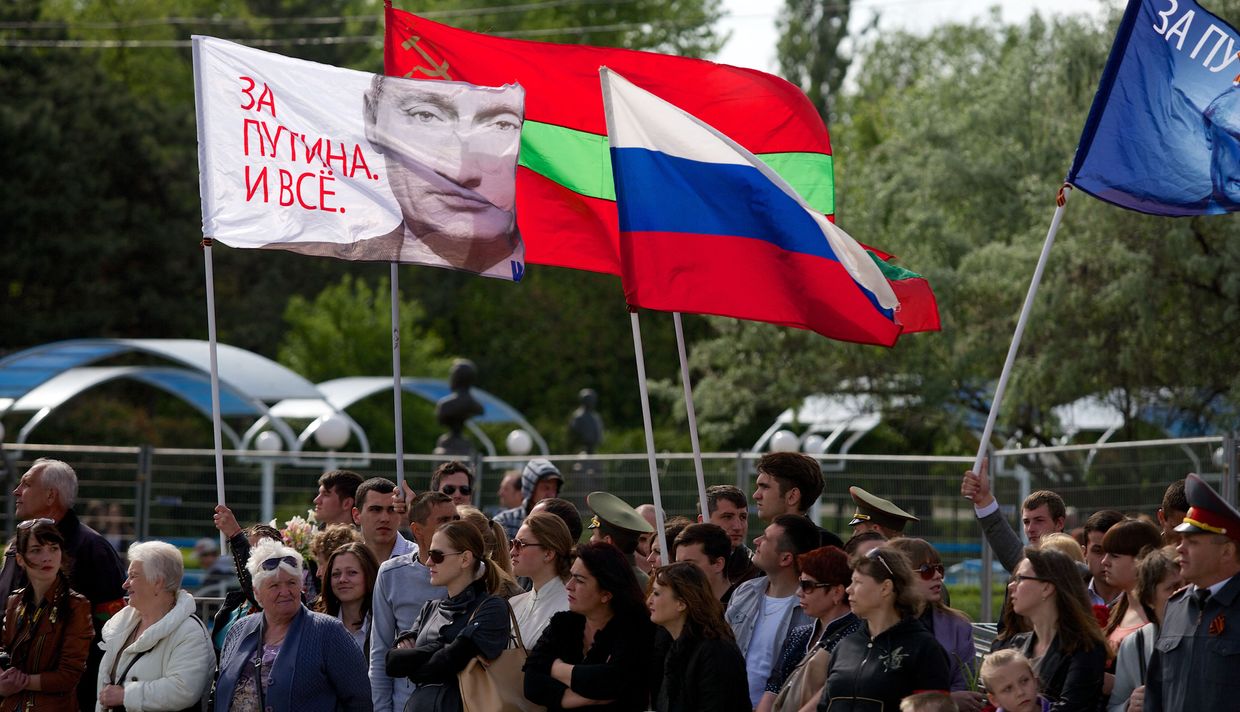Russia ally used $8 billion in cryptocurrency to evade sanctions, meddle in Moldova vote, study finds

Ilan Shor, a pro-Russian Moldovan businessman, has used $8 billion in cryptocurrency to help Russia evade sanctions and meddle in Moldova's upcoming elections, blockchain firm Elliptic said on Sept. 26.
Elliptic cited a leak of documents from Shor's companies.
The findings come as Moldova faces a new wave of Kremlin-backed propaganda on social media ahead of the Sept. 28 parliamentary elections.
Wallets tied to Shor's A7 group and related businesses received about $8 billion in stablecoin transactions since early 2024, according to Elliptic's analysis of the leaked data.
The funds were used to build infrastructure for Shor's operations, including an app that manages and pays political activists in Moldova.
Shor, convicted in 2017 over the $1 billion theft from Moldovan banks, fled to Israel and later Russia, which granted him citizenship.
Shor was sanctioned by the U.S. in 2022 for helping Russia undermine democratic elections in Moldova, and his A7 group, partly owned by Russia's state bank Promsvyazbank, was blacklisted by Washington in August.
In July, Shor also announced that his pro-Russian Victory Bloc would participate in the parliamentary elections, joining other Russian-friendly forces challenging President Maia Sandu's pro-European PAS party.
The leaked files show A7's reliance on cryptocurrency, particularly Tether's USDT and a ruble-backed stablecoin called A7A5, to move money across borders and finance pro-Russian influence campaigns.
Chat logs included discussions on using crypto for server costs, electoral apps, and payments to activists.
Bloomberg reported on Sept. 22 that leaked Kremlin documents outline a multi-layered strategy to weaken Sandu's party while boosting pro-Russian groups.
A BBC investigation published a day earlier uncovered a Russia-funded network offering payments to Moldovan citizens to spread propaganda and disinformation aimed at discrediting Sandu's government.
The Kremlin's tactics include recruiting Moldovan citizens abroad to vote at foreign polling stations, orchestrating protests inside the country, and running widespread disinformation campaigns online, according to Bloomberg.
The BBC reported that undercover journalists had found Shor-linked operatives paying Moldovans to secretly recruit voters for pro-Russian opposition parties and carry out fake polling for a non-existent organization.











